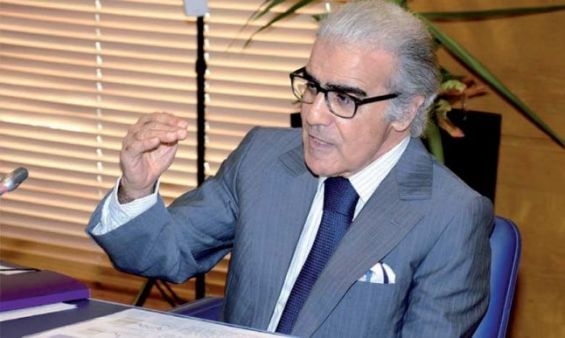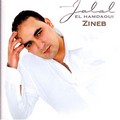Morocco is planning to switch back to a more flexible-exchange regime, allowing the exchange rate to be determined by supply and demand, Bank Al-Maghrib Governor Abdellatif Jouahri told Bloomberg.
The move is to be implemented «at the first sign of an external shock», the same source explained, citing as an example the rise of oil prices. «For us, the reform aims to absorb external shocks and boost Morocco’s competitiveness», Jouahri told Bloomberg, Friday, during the International Monetary Fund meetings in Washington.
To Bank Al-Maghrib Governor, the step should take into consideration timing. «The timing is the question and should be well chosen», he said, adding that the International Monetary Fund (IMF) sees that it is time to follow up with the reforms.
The changes will help the country «plan to move from managing its currency to a monetary policy that targets inflation and where interest rates will be adjusted more frequently», Jouahri explained.
Switching back after a break
The next step will focus on «fixing the dirham’s rate», Bloomberg reported. «Supply and demand will determine the dirham’s value», Jouahri added. But before doing so, Bank Al-Maghrib is planning to make sure that companies, mainly small and medium-sized firms, are adapting to the reforms that were launched last year.
Jouahri revealed that, in addition to that, the country is expected to implement a tax amnesty next year on «gray economy as well as local firms and citizens holding assets abroad». «We tell people: ‘Let bygones be bygones, pay 5% and say goodbye to the informal sector'», Jouahri said.
For the record, Morocco took a break earlier in 2019 from its gradual push for a more flexible exchange rate, citing deteriorating finances. The Kingdom adopted a more flexible exchange rate in 2018 to boost the competitiveness of its economy, but it realized that it had to wait until 2020 to further loosen the plan.
During the last couple of years, the IMF has been pushing Morocco to ensure the transition to a greater exchange rate flexibility. In one of its recent reports, the agency urged the Kingdom to «use the current window of opportunity to continue this reform», which will «help the economy absorb potential external shocks and remain competitive».




 chargement...
chargement...












